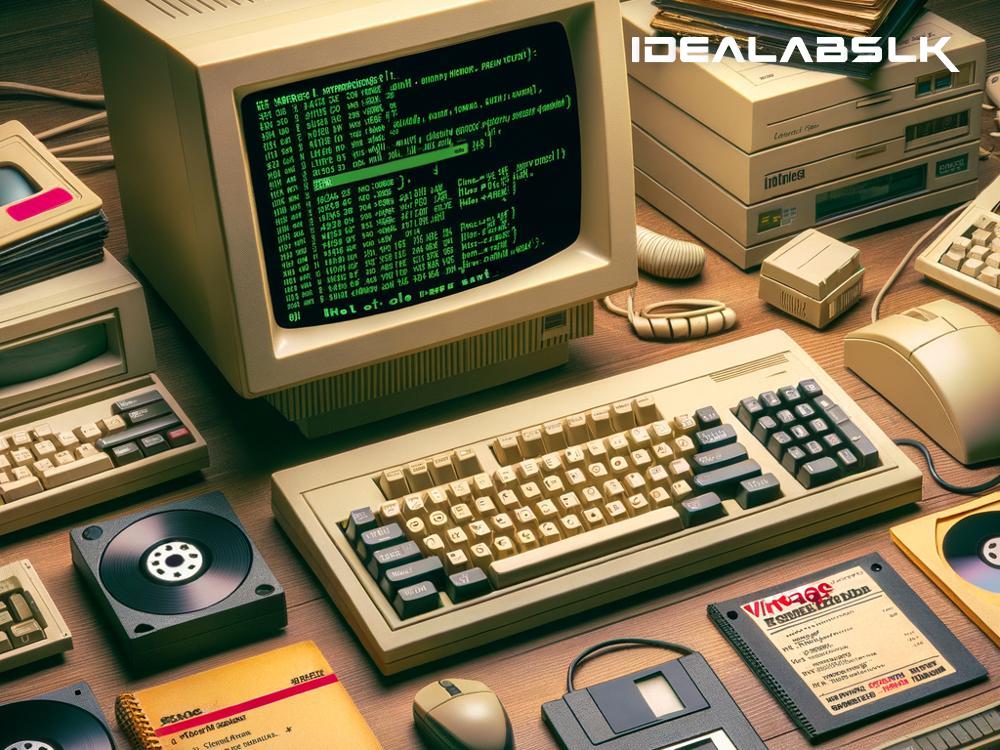The Fascinating History of the Linux Operating System
Have you ever wondered about the force powering much of today's technology, from the servers behind your favorite websites to smartphones and even your smart fridge? That force is none other than the Linux Operating System (OS), a cornerstone of modern computing. But how did Linux, the poster child of open-source software, come to be? Let's dive into its history.
Humble Beginnings
The story of Linux begins in 1991 with a curious and talented computer science student in Finland named Linus Torvalds. Initially, Linus set out to create a free operating system kernel that anyone could use and modify, inspired by Minix, a Unix-like system designed for educational use. He didn't start with grand ambitions. In fact, his initial announcement of Linux on a Minix newsgroup was quite modest, not foreseeing the immense impact his project would have.
The First Version
On September 17, 1991, Linus released version 0.01 of the Linux kernel. It was a basic version, far from complete, but it laid the groundwork for what was to come. By version 0.02, released shortly after, Linux was capable of running simple programs. The project was gaining momentum, and with each release, more developers from around the world joined in, contributing code and making Linux better and more capable.
The Rise of GNU/Linux
One of the pivotal moments in Linux history was its combination with the GNU Project's tools and software. The GNU Project, started by Richard Stallman in 1983, aimed to create a free Unix-like operating system, but by the early 90s, it was missing a crucial piece: the kernel. Linux filled that gap. The combination of Linux and GNU components resulted in a fully free and functional operating system, often called GNU/Linux. This combination provided a robust platform for users and developers alike, significantly contributing to Linux's growth and popularity.
Open Source Revolution
Linux's development model was revolutionary. Its source code was freely available for anyone to view, modify, and distribute. This open-source model encouraged collaboration among programmers worldwide, rapidly accelerating its development and adoption. By the late 1990s, Linux had grown from a hobby project to the backbone of enterprise servers, powering websites, databases, and much more.
Businesses began to see the value in Linux's reliability, security, and cost-effectiveness, leading to widespread commercial adoption. Companies like Red Hat, SUSE, and Canonical emerged, offering support and services for Linux, making it even more accessible to businesses and casual users.
Linux Today
Today, Linux is everywhere. Beyond servers and desktops, it runs on smartphones (thanks to Android, which is built upon the Linux kernel), routers, smart devices, and even cars. Its impact has been significant in promoting open-source values, influencing a vast array of projects and technologies.
The Linux community remains vibrant and active, with thousands of developers contributing to the kernel and many more working on various distributions and software. Major tech companies, including Google, IBM, and Microsoft, now contribute to its development, recognizing the importance of Linux in the technology ecosystem.
Why Does Linux Matter?
Linux's story is more than just a technical achievement; it's a testament to the power of community, collaboration, and the open-source model. It has democratized technology, making powerful software tools accessible to anyone. For developers, it offers a flexible and transparent environment to build upon. For users, it provides a secure, stable, and cost-effective option for everything from web servers to personal computers.
In Conclusion
The history of the Linux Operating System is a compelling narrative of how a small project by a Finnish student evolved into a global phenomenon that powers much of the world's technology. From its humble beginnings to its current status as the foundation of modern computing, Linux's journey is a reminder of what's possible when a community comes together to build something truly open and shared.
As we look to the future, Linux's role in shaping the next generation of technology is undeniable. Its principles of openness, collaboration, and freedom continue to inspire new innovations and promise to keep Linux at the heart of the digital world for years to come.
In sum, Linux is not just an operating system; it's a movement, a philosophy, and a critical piece of our technological fabric. And as it continues to evolve, one thing is clear: the history of Linux is still being written.

